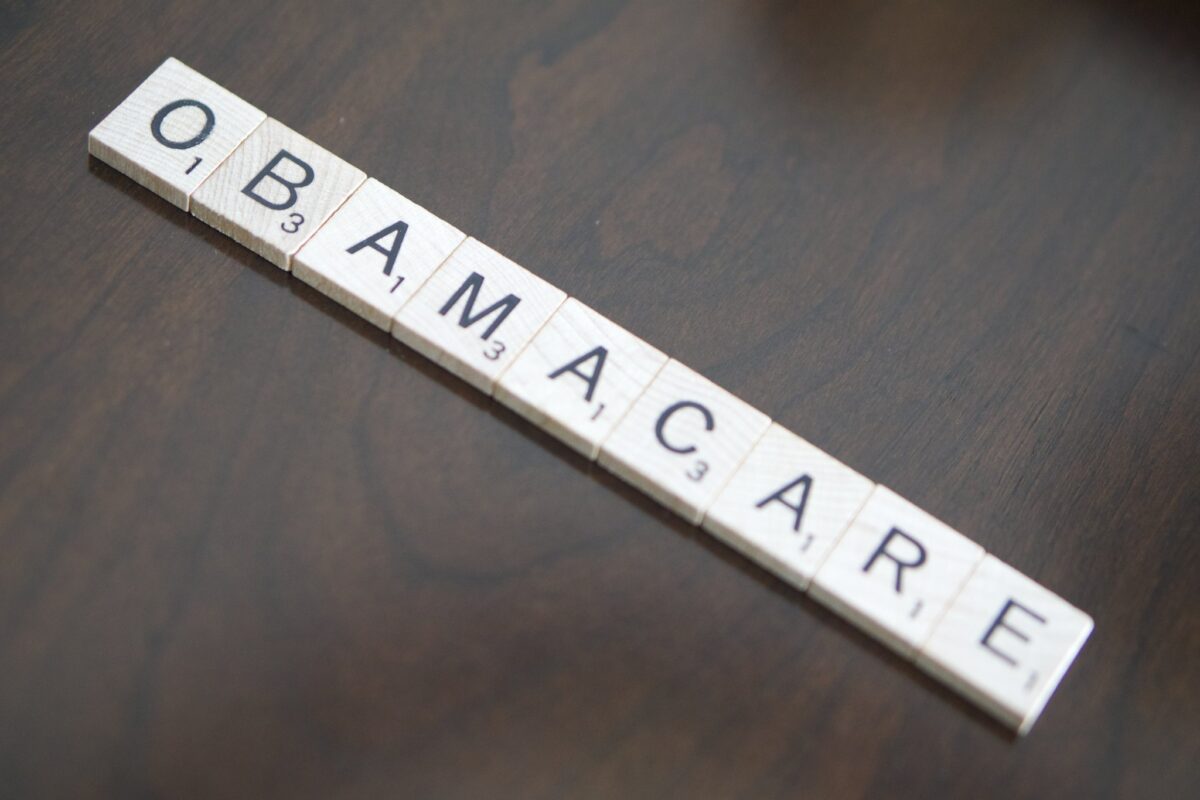The House-approved bills would enshrine provisions from the Affordable Care Act into state law.
The Affordable Care Act was signed into federal law in 2010. A few main provisions include prohibiting insurers from denying coverage or imposing exclusions on coverage due to preexisting health conditions, and allowing parents to keep children enrolled through their private health plans until the age of 26.
Recently, the Pennsylvania House of Representatives approved three pieces of legislation that would codify these Affordable Care Act provisions into state law in case former President Obama’s federal healthcare law is ever repealed.
The bills passed were House Bills 2562, 2563, and 2564.
The Health Insurance Protection Against Limitations Act, introduced by Democratic Representative Dan Frankel, would prohibit insurers from setting annual or lifetime limits on the cost of care.
House Bill 2563, which amends The Insurance Company Law of 1921, would allow adult children to remain on a parent’s private health plan until the age of 26. The bill was introduced by Democratic Representative Eddie Day Pashinksi.
The Health Insurance Access Protection Act, introduced by Democratic Representative Jim Haddock, would prohibit insurers from denying or excluding coverage due to preexisting conditions.
The provisions made in each of the bills would take effect in the state of Pennsylvania should all or part of the Affordable Care Act be invalidated at the federal level. The bills were passed through a bipartisan effort with votes of 160-42, 163-39, and 174-28 respectively.
Democratic Representative Dan Frankel said, “We can and we must enshrine these safeguards in our own state law, guaranteeing that no Pennsylvanian is left without access to the care they need because of annual or lifetime caps.”
Each piece of legislation, having passed the House, will now be sent to the Senate. In the Senate, they will be referred to a committee and receive a vote from the full Senate if approved in committee.
If the Senate does not approve the bills this session, the bills will need to repeat the entire legislative process again next session. The Senate currently has five more scheduled session days this term.





